The vast reach potential of the internet is a powerful tool for young artists. However, it can also be daunting to think of new ways to be discovered by music lovers among the many million other aspiring talents showcasing themselves online. Covering current hit songs can be a great tool, but, even then, there are so MANY versions out there. Now, you may have dabbled in the cover version trend, but didn’t quite understand how to break out from the bunch and make it worth while. After all, ultimately, the usual goal is to be known and respected for original material. So, sometimes, can seem like such a task to have to rehash tunes that everyone is doing. If so, here’s a quick guide to understanding how cover songs get you noticed (& make you money).
![]()
-Remember: it is just that…a strategy. Doesn’t mean it can’t be fun, however. One super talented YouTube-breakout trio, Dirty Loops, found a way to turn even the most mundane pop hits into intricate and incredibly cool musical arrangements, appreciated by music purists and every day fans alike. Just remember, it’s easier to be found by covering songs people are CURRENTLY talking about and searching for. If the goal is to get noticed by new potential fans, then be smart about your choices. Make sure your covers are: (1) current (2) in the right key for you and (3) something you can enjoy performing
-If you’re not a virtuoso, have acrobatic runs for days, or a freakishly engaging tone, put some effort into the quality. Make sure your arrangement is unique (even if it’s simple), suites you, and looks good. If you do want to monetize (we’ll get to that in a minute), you might want to invest a little bit in making sure it looks as well produced as possible. Remember, good doesn’t mean complicated. We’re referring to quality in the audio and visual aspect. Simplicity can go a long way when done right.
–RELEASING COVERS: In the U.S. you do have to obtain a license to sell on digital platforms. (See Songfile, Songclearance, or Loudr.fm) This money is going to the songwriters/publishers etc., and will be taken out of digital distribution monies earned. Now, you could register your performance via Soundexchange.com, but keep in mind that this is like pennies to the dollar in earnings. You would have to stream millions to see something, but doesn’t hurt to go for it and see what you can accumulate. You would release these songs just like you would any other via TuneCore, Venzo Digital, CD Baby, etc. Now, as for YouTube, it’s safe to get licensing first, but if you don’t, YouTube usually will just distribute any ad earnings to the songwriters. This practice is usually OK since it benefits the writers and is extra promo for the song and artist. However, this doesn’t mean that if for whatever reason, the copyright holders deem your version to be in anyway harmful or disruptive to their work or brand that they won’t try to take it down, because they can. But, this is rare. Learn this and more terminology in our music publishing course brought to you by @redcarpetlaw
–MAKING MONEY: With enough CONSISTENCY (in the voice of Khaled ‘major key!”), the right song choices, and quality, you can garner enough attention to get a bit of that ad click revenue on YouTube. But, remember, where there is attention, there is brand power, because real engagement converts to $. So, maybe you get enough followers to get paid for posts or paid song request, or product placement…who knows?! We’ll get into that later, but for now, attention and engagement is the goal!
Now, go make some great content.

